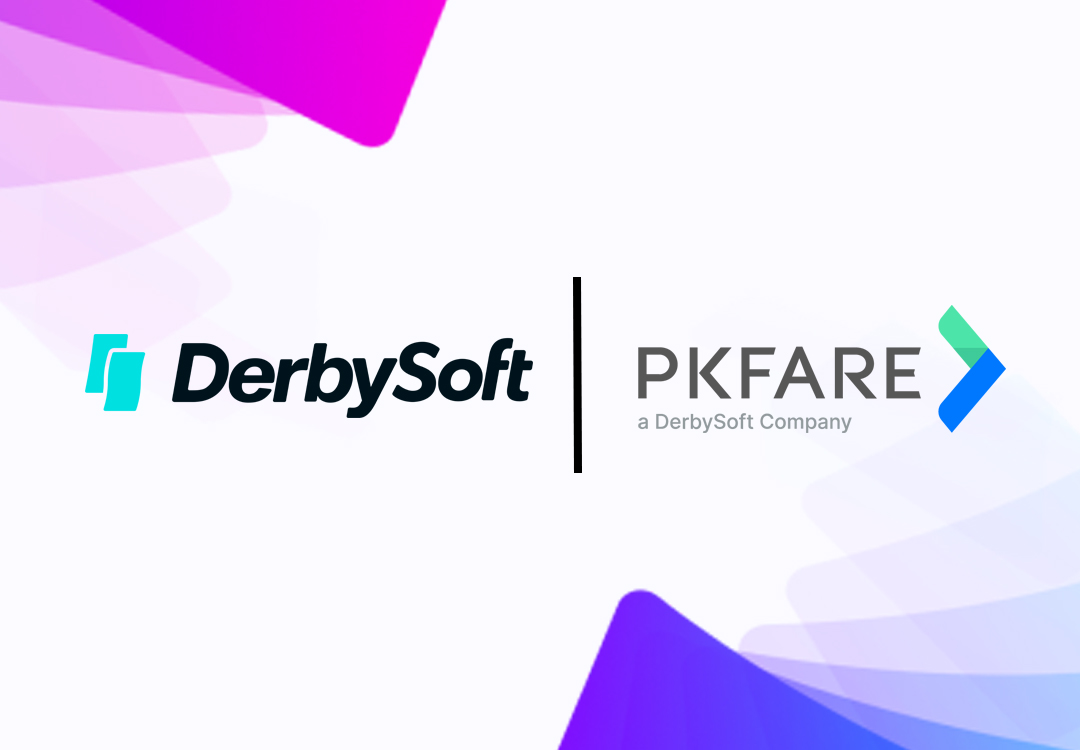It’s Monday morning, and your desk already tells a familiar story: unconfirmed hotel bookings piling up, payment issues needing urgent attention, and weekend requests spanning three time zones. Your phone won’t stop ringing, your team is buried in routine communications—and you haven’t even finished your first cup of coffee.
This scenario plays out in travel management companies (TMCs) worldwide, where operational bottlenecks have become the industry’s defining challenge. But a technological revolution is quietly transforming how forward-thinking TMCs approach these persistent pain points.
Now imagine handing over all of these routine communication tasks to an AI voice agent that can handle hotel calls in multiple languages, process booking confirmations around the clock, and provide real-time updates back to your systems—all while you drink that second cup of coffee and focus on your team’s long-term strategy.
The voice AI market is experiencing unprecedented growth, with speech recognition technology projected to reach $29.28 billion by 2026. AI voice agents are one sector driving this explosive growth as they evolve from basic command responders to advanced conversation partners capable of handling complex travel scenarios.
The $47.8 Billion TMC Market Faces a Scaling Crisis
The travel management industry is experiencing unprecedented growth pressures. The global TMC market is anticipated to grow to USD 47.8 billion by 2030, while the global Travel Management Company (TMC) market size is expected to reach $36.19 billion by 2030, rising at a market growth of 5.3% CAGR during the forecast period (2024-2030).
Yet beneath these impressive growth figures lies a troubling operational reality. Traditional operational models simply cannot keep pace with this explosive demand.
As TMCs grapple with scaling challenges, artificial intelligence has emerged as more than just a buzzword—it’s becoming an operational necessity. Sales and marketing are rapidly becoming a key source of AI value in sectors including software (31% of AI value generated), and travel and tourism (31%), according to recent BCG research.
Today’s AI voice agents represent a fundamental evolution from rigid, menu-driven systems. These sophisticated platforms combine real-time speech recognition, advanced natural language processing (NLP), and contextual understanding to handle the nuanced conversations that define travel operations.
Unlike the “Press 1 for reservations” systems of yesterday, modern AI voice agents bring contextual memory, multi-tasking capabilities, and human-like conversation flow to every interaction. They integrate seamlessly with existing technology stacks through APIs, working behind the scenes while delivering visible efficiency gains.
For TMCs, this translates into practical solutions for persistent operational challenges:
Automated Outbound Communications: AI voice agents can handle hotel confirmations, invoice requests, and payment follow-ups around the clock, in multiple languages, and across any time zone. This addresses the reality that manual outbound calls consume countless hours of valuable human resources.
Error Reduction Through Precision: Voice biometrics reduce authentication times by 40%, while automated data processing eliminates the human errors that lead to incorrect bookings and payment failures.
Scalability Without Compromise: During peak booking periods, call center automation software can automatically connect customers to the IVR menu or voice assistants. Specifically, conversational AI bots can understand simple customer issues and provide the required resolution. This means handling hundreds of simultaneous conversations without degrading service quality.
Pioneering AI Voice Solutions for TMCs
While the market has seen a proliferation of AI voice agents—both industry-agnostic platforms and travel-focused solutions—DerbySoft’s approach stands apart through its purpose-built design for TMC operations. Drawing from years of deep industry experience and an intimate understanding of B2B travel workflows, our advanced AI-powered voice agents combine multilingual support, direct API integration with existing TMC systems, and human-like conversational experiences that continuously learn and improve from every interaction.
Unlike generic voice solutions adapted for travel, DerbySoft’s AI Voice technology was architected from the ground up to address the unique complexities TMCs face—from multi-language hotel communications to complex booking modifications and payment reconciliations. This specialized foundation, built on decades of TMC partnership and workflow expertise, enables our systems to provide the scalability TMCs need while maintaining the accuracy and personal touch that travelers expect.
The integration process leverages our deep understanding of TMC operations, designed for minimal disruption and allowing travel management companies to gradually transition from manual to automated processes while maintaining full operational control. Complex scenarios are seamlessly escalated to human agents with comprehensive context summaries, ensuring no loss of service quality.
The Monday morning chaos described at the beginning of this article doesn’t have to be inevitable. AI voice agents represent more than incremental improvement—they offer a fundamental transformation of how TMCs operate.
For travel management companies ready to turn Monday morning chaos into operational excellence, the path forward is clear: embrace AI voice technology as a strategic enabler of scalable, efficient, and traveler-focused operations.
About the Author
Duane Overgaard is the Divisional CEO, Hospitality, of DerbySoft. With over 30 years of experience in the hospitality industry, he has a diverse skill set that includes account management, business development, and contract negotiation.

You might also be interested in
Interested in
Learning More?
Subscribe today to stay informed and get
regular updates from DerbySoft





